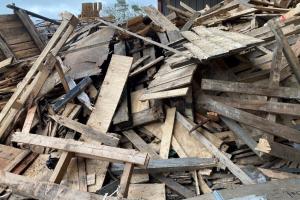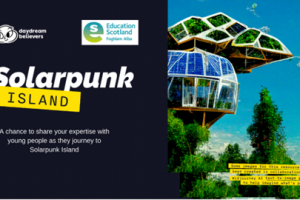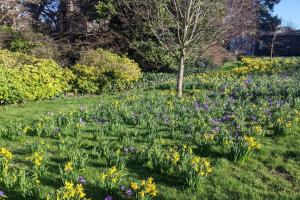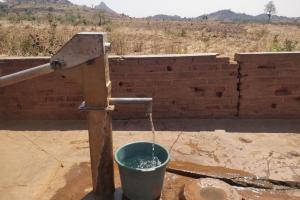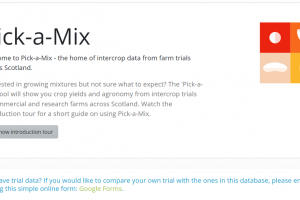Over the centuries women have led the way in Science, Technology, Engineering and Mathematics (STEM) making life changing discoveries, especially here in Scotland. This International Women’s Day we’re shining a light on some of the inspiring women we have working with us at Gateway.
In this blog, we’ll learn more about Professor Lorna Dawson, Michelle McWilliams, Dr. Michelle Wilson-Chalmers, Dr. Chrizelle Krynauw and Tiyan Osahon who are striving to make a difference and are eager to inspire the next generation.
There is a well-known saying: "We are what we eat". But do we really know what we are eating? This is a difficult question to answer as in our interconnected and rapidly globalising world, getting food from farm to fork has become a complex and tangled web.
In this blog, Dr Renata Garbellini Duft (from the Rowett Institute) discusses how science is helping to identify the provenance of our food and, in particular, how proteomics can be used in meat authentication.
The rising cost of food is an issue that concerns and affects everyone. Recent food inflation figures indicate food prices have started to fall, however, prices remain high and particularly for certain foods.
In this blog, Dr Wisdom Dogbe and Professor Cesar Revoredo Giha take a closer look at recent food inflation figures. In particular, they discuss what may have caused food prices to be high, which food categories are most affected and what impact this could have on our dietary choices.
The Scottish Government aims to become a global leader in sustainable agriculture, deliver high quality, nutritious food while minimizing impact on climate and our environment. This will clearly require a collaborative and inclusive approach to enable understanding of the competing issues and where different sectors can work more effectively together to achieve the required goals.
Overconsumption and high levels of resource use are challenges contributing significantly to the climate and biodiversity crises. Scotland is currently only 1.3% circular, meaning that over 98% of the products consumed in Scotland come from newly extracted materials, and only a small proportion of these materials are ‘cycled back’ into use in the economy. In other words, most of what we buy, use or consume in Scotland is not reused again within Scotland, despite the huge potential to do so.
To help a group of scientists and experts across Scotland’s Scottish Environment, Food and Agriculture Research Institutions (SEFARI) build their skills around media engagement, SEFARI Gateway recently funded two media training sessions with former senior editors who now specialise in media training and strategic content at Second City Creative.
The sessions were organised by Elaine Maslin (from The James Hutton Institute) and in this blog Elaine talks about the training and shares some useful practical tips.
We are well into the summer holidays and you might be dreaming of a desert island getaway. Well, look no further. It’s time to pack your bags and join us on Solarpunk Island!
One important and often overlooked aspect of PhD training is the chance to meet other researchers in the same or similar field as you, allowing for knowledge exchange and the forging of new connections.
Therefore, when the opportunity to visit other institutes across SEFARI arose, Karen wanted to capitalize on this. In this blog, find out about Karen’s experience as part of the SEFARI Gateway PhD Exchange Scheme - SEFARI’s second student to make the most of this opportunity.
Serious gaming is a growing field in which games are used to provide a fun and educational method of science communication. Gaming offers opportunities in communicating challenging and complex issues to stakeholders and communities to improve land management practices.
The way we currently produce food and other agricultural products is under threat from the changing climate, depleted biodiversity, and declining availability of natural resources used to boost productivity. We know that farming systems need to shift towards co-delivering for nature and net zero, but this needs to happen without compromising production and food security.




